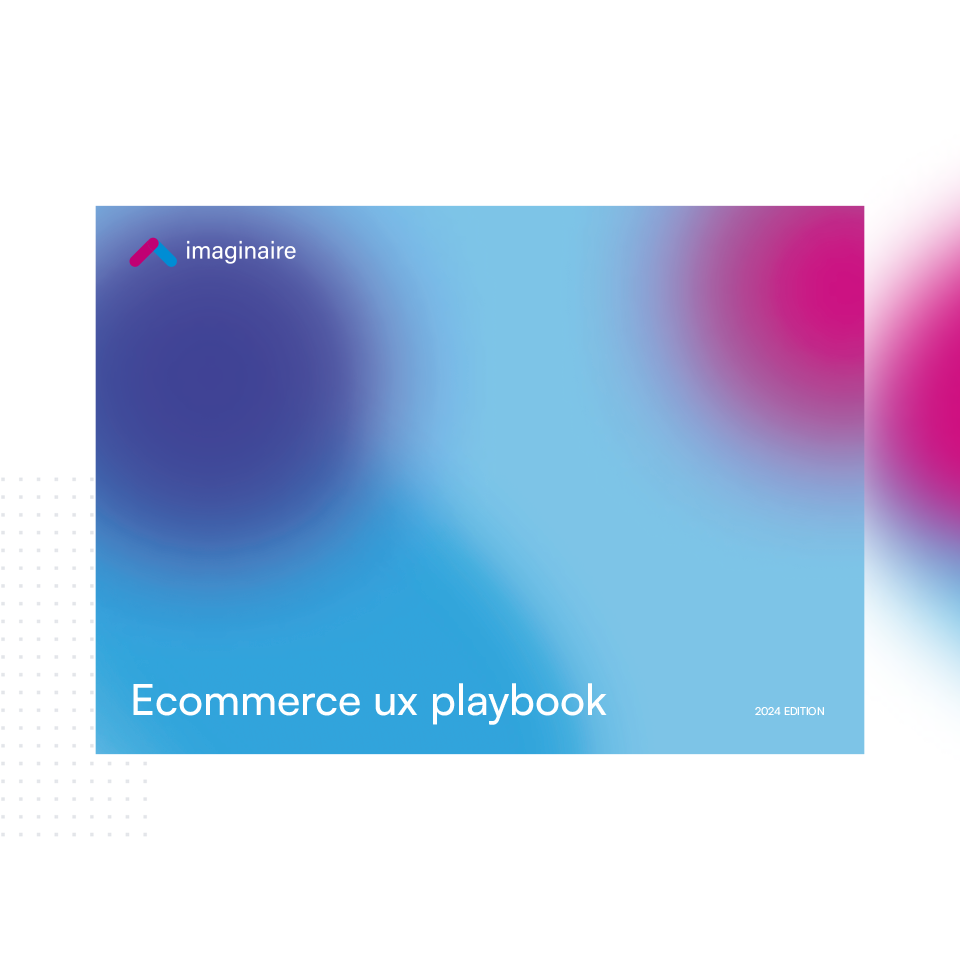With technological advancements and plenty of platforms to choose from, people have adopted websites as a means to expand their business and open new opportunities. Both e-commerce websites and woocommerce are for business, but there is a vast difference between the two, even though the name sounds pretty similar.
What is E-commerce?
E-commerce, short for electronic commerce, is the process of buying and selling goods and services or transmitting funds and data. These processes are completed over an electronic network including the internet and company websites. This makes e-commerce a reliable and easily acceptable option for buying goods as anyone with access to the internet can utilise it. As a result of this easy access, the past few years have seen a huge incline in small e-commerce businesses with there being so many business ideas out there. E-commerce is transferred through business-to-business (B2B), consumer-to-consumer (C2C) and business-to-consumer (B2C).
B2B e-commerce: Businesses provide goods and services to other businesses. Purchases might include advertising, recruiting, credit, sales, marketing, technical support, and staff training.
Have a look through our B2B beginners guide for a more in-depth understanding.
A customer who is wanting to buy certain items will visit the relevant online store. The product detail is given including the description, price, imagery and sizing and is then added to the customer’s cart. Once all the customer details are complete and shipping is confirmed, the goods will be delivered.
C2C e-commerce: The process of one consumer selling directly to another through features such as online auctions or second-hand websites.
For auction sites, the buyer will bid on the item being sold and the highest bidder will buy the product. Customers also have the option to pay through credit, debit cards and online services such as Paypal.
B2C e-commerce: Business-to-consumer consists of selling goods and services to the general public. For example, any business online store selling its products to customers is considered B2C.
Some examples of B2B e-commerce would be; a tyre manufacturer selling their products to car manufacturers or wholesale stores selling to smaller, independent stores using methods such as dropshipping.
What is woocommerce?
Woocommerce is a plugin for WordPress, used by e-commerce companies to transform their WordPress sites into e-commerce stores. This service is typically used by small to medium businesses in order to help their name grow. This modern resource makes creating and managing an online store simple, offering flexibility and updated features such as tax management, secure payment control and shipping integration. Whilst e-commerce is the process of buying and selling, woocommerce provides the extra material to accompany these transactions.
Woocommerce offers features such as :
- Order tracking
- Customer engagement
- Inventory and stock
- Delivery updates
E-commerce by Imaginaire
If you have a new brand for which you’d like to launch an e-commerce store for, or if you already have a website, ready to re-build, we’d love to help.
You’ll benefit from a small, in-house team that is dedicated to your project. We don’t outsource our work, meaning that you get to work directly with the person designing your website and the person developing it, offering a unique and special experience.
Woocommerce by Imaginaire
We’re a Woocommerce Agency that helps you generate more revenue through your online store, servicing industries including fashion and jewellery.
Imaginaire has a strong background in design, development and the marketing side of e-commerce, meaning you can have everything done by the same company, in-house.
Get in touch today on 0115 971 8908 for a free quote for your E-commerce or Woo-commerce project!
Get in touch with Imaginaire, the human ecommerce agency to upgrade and market your online store
